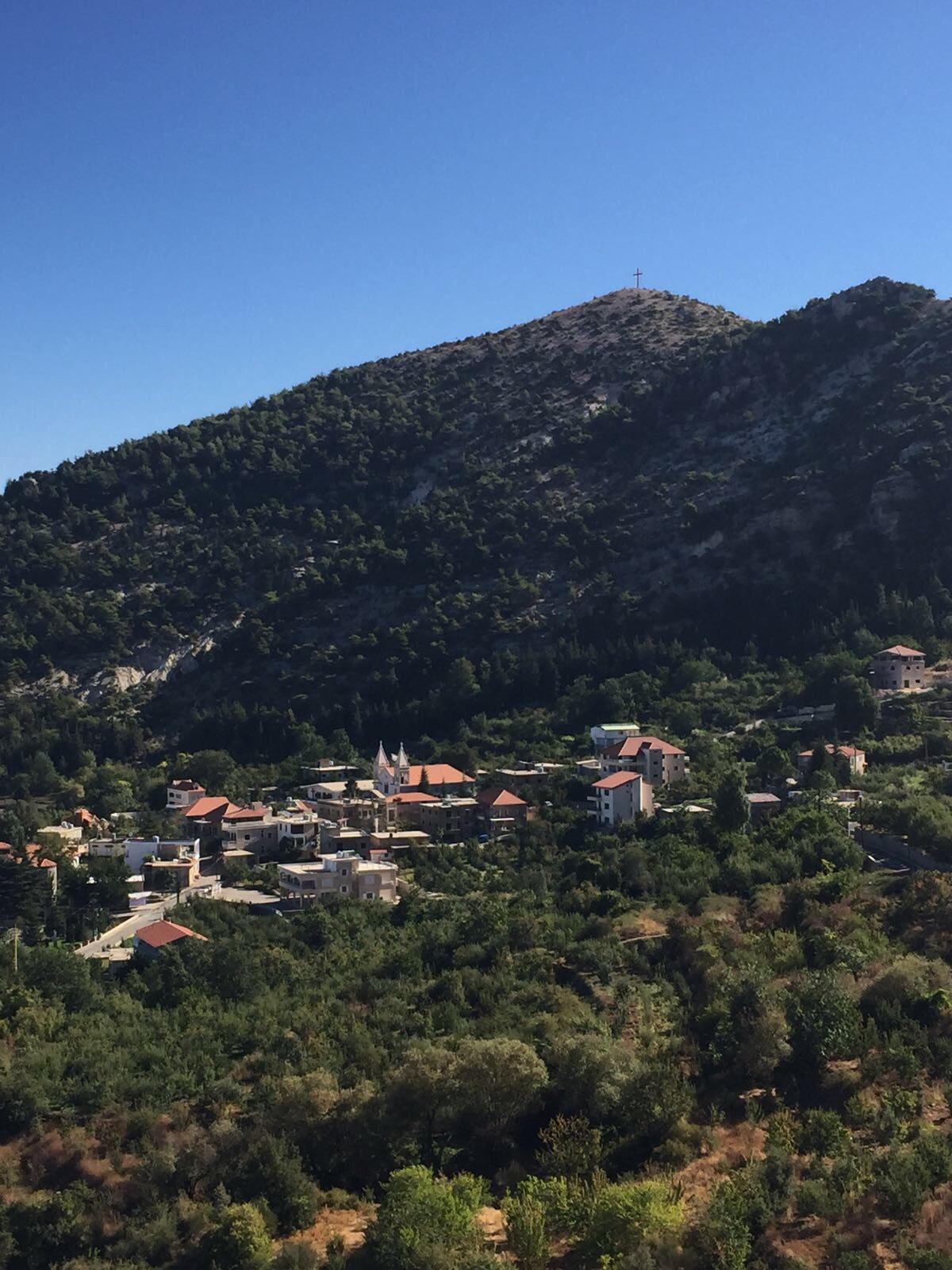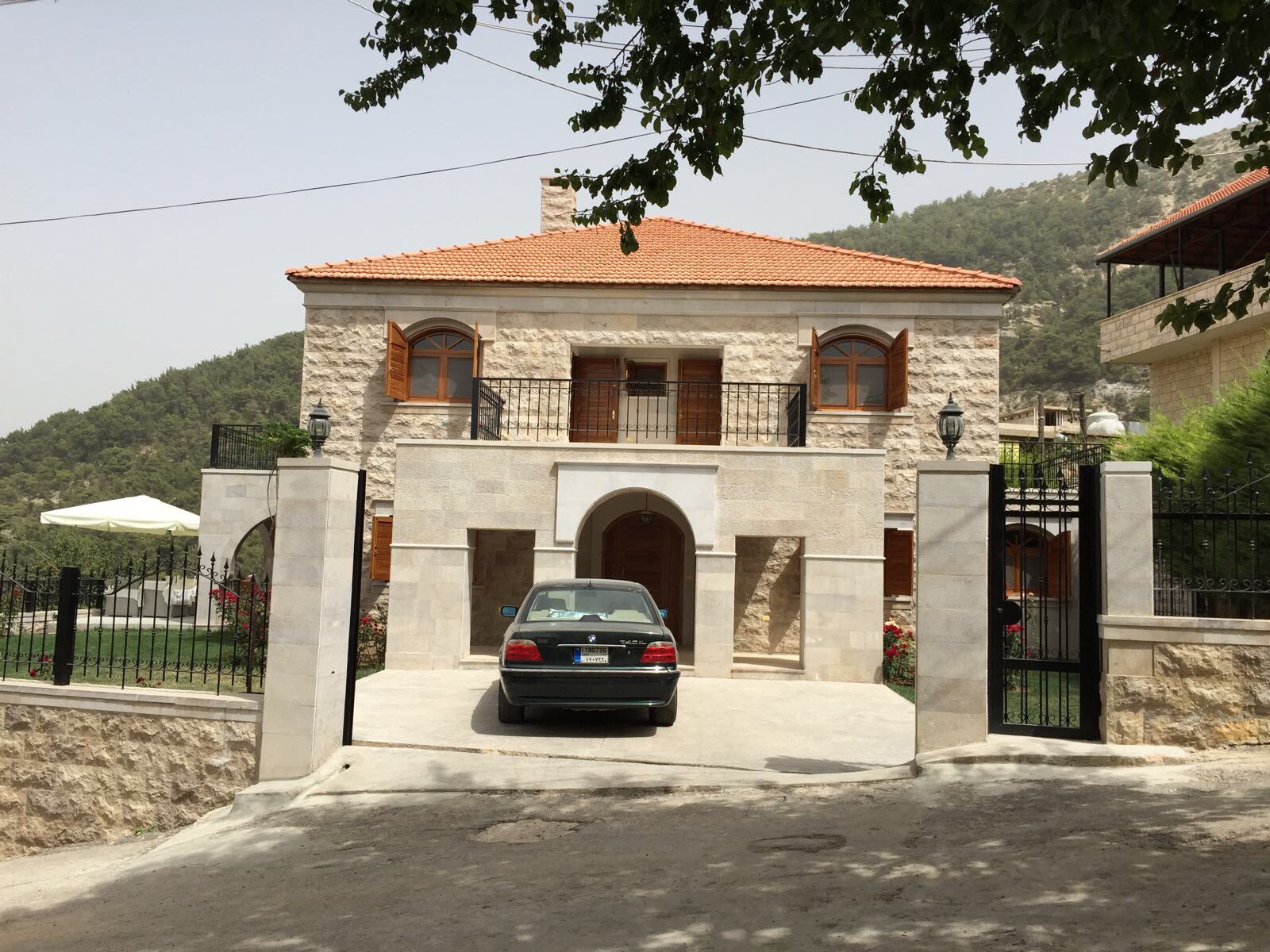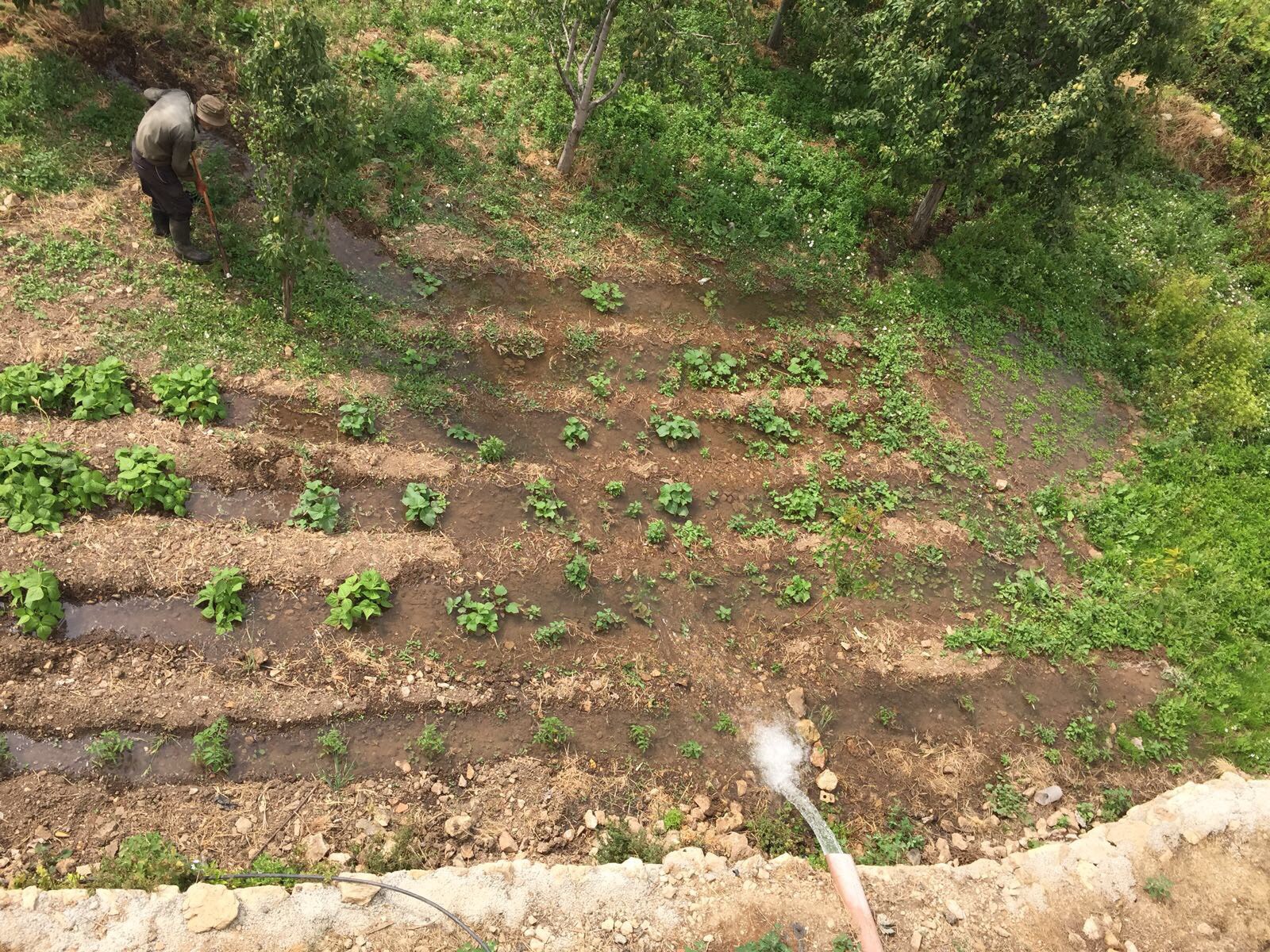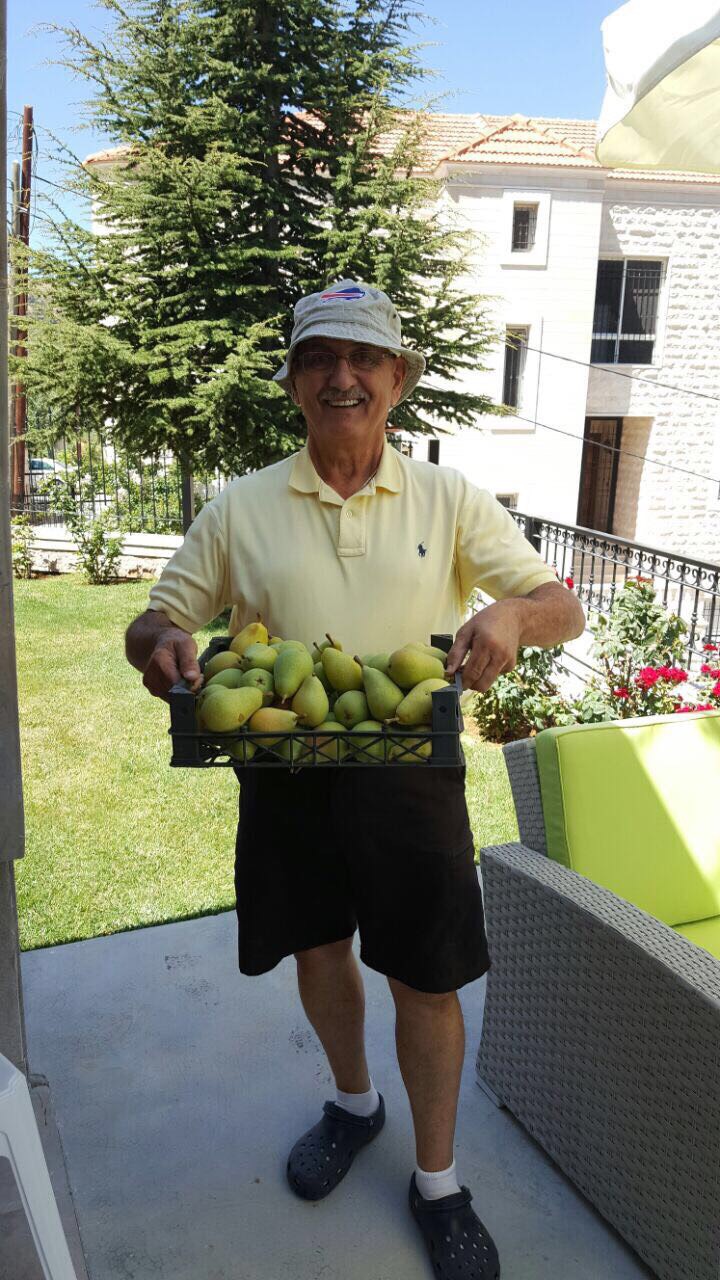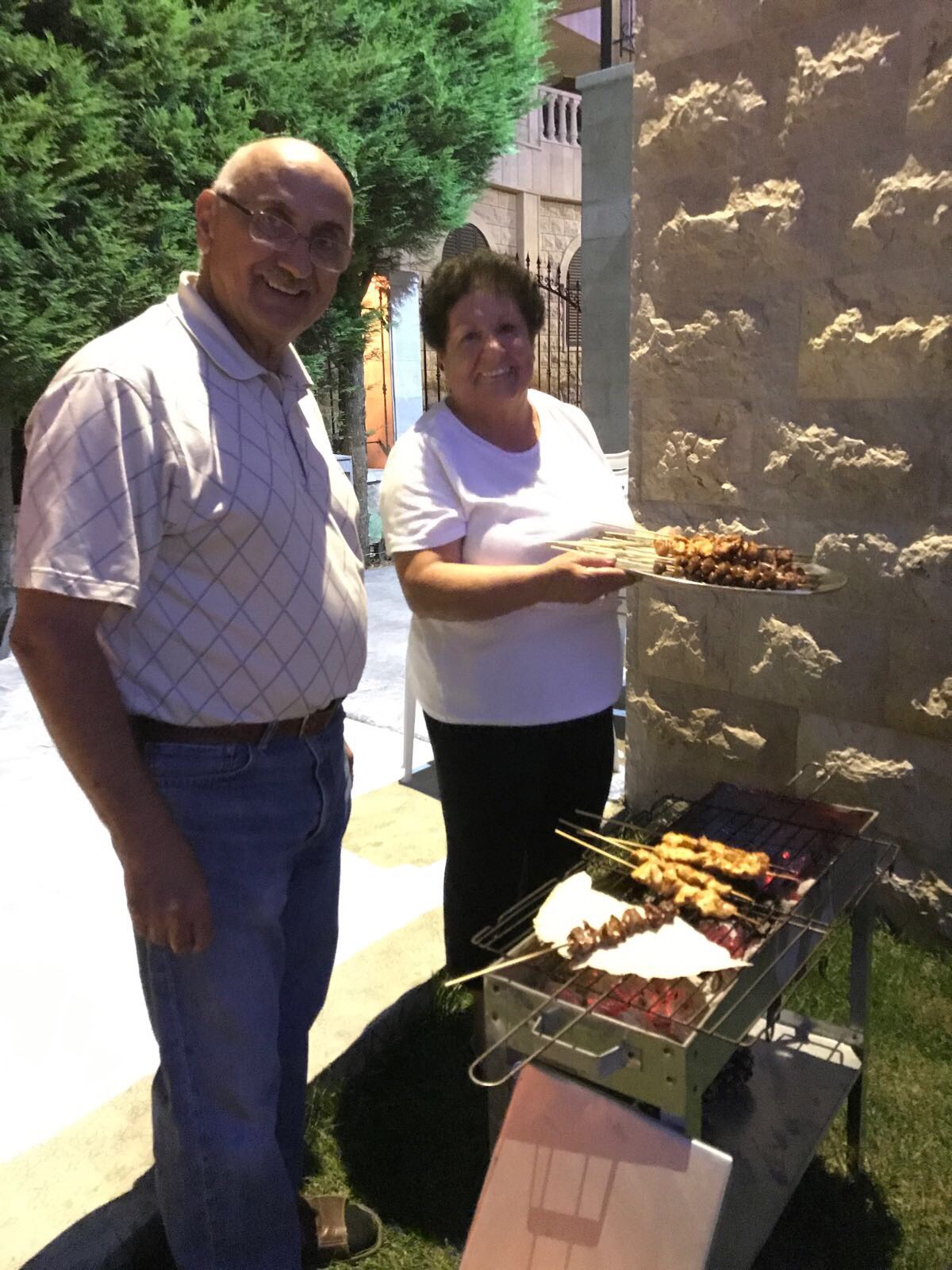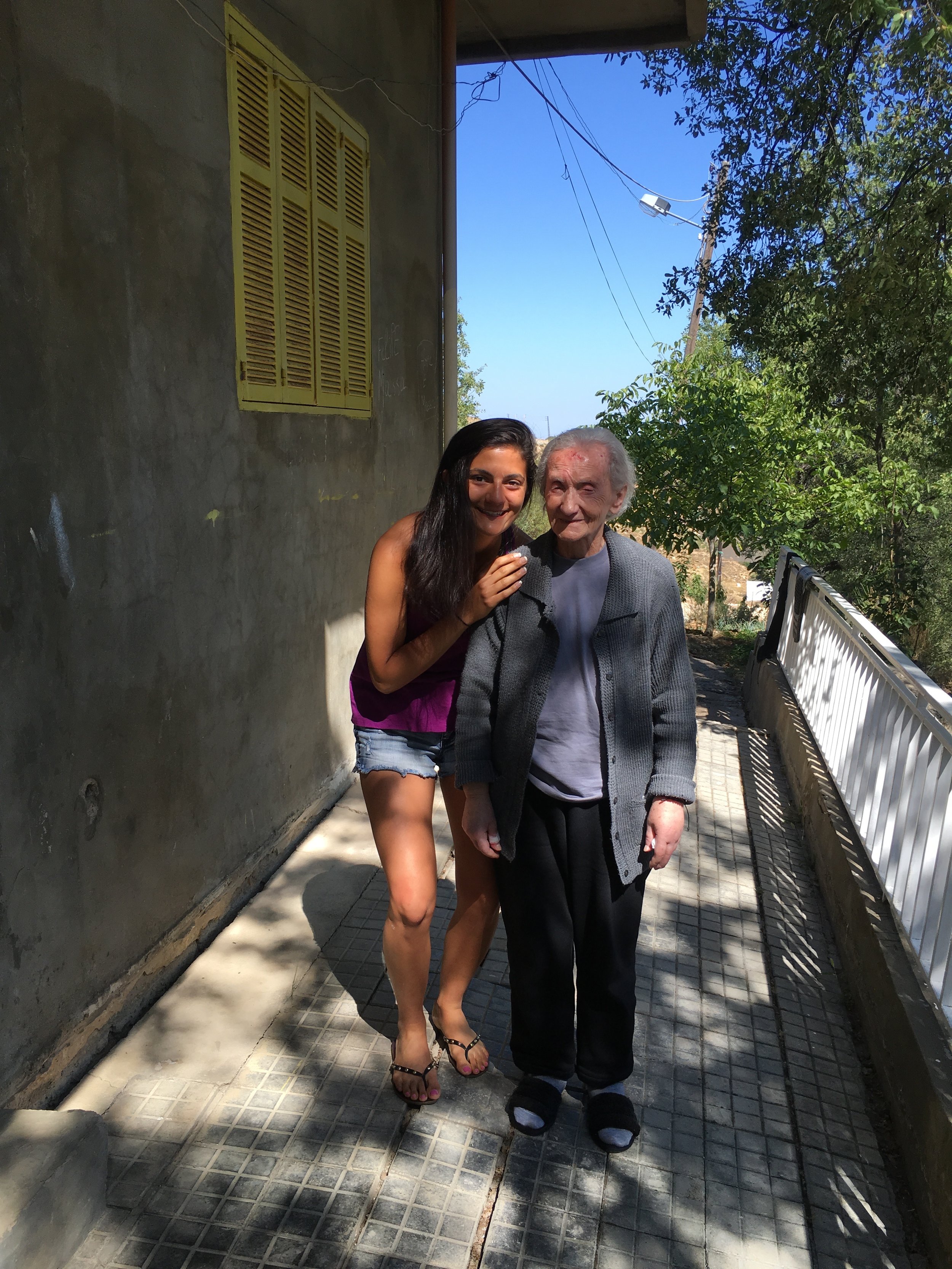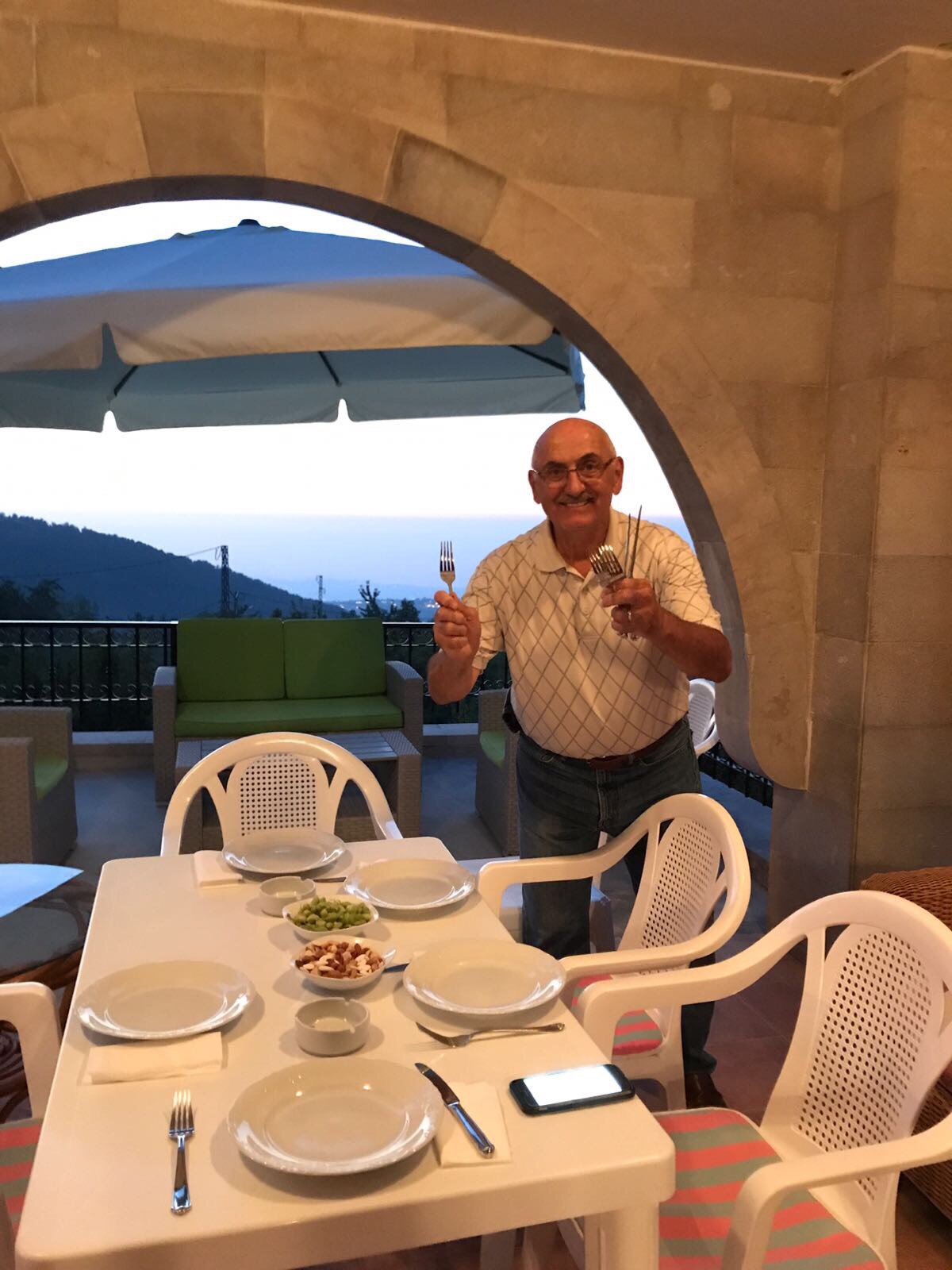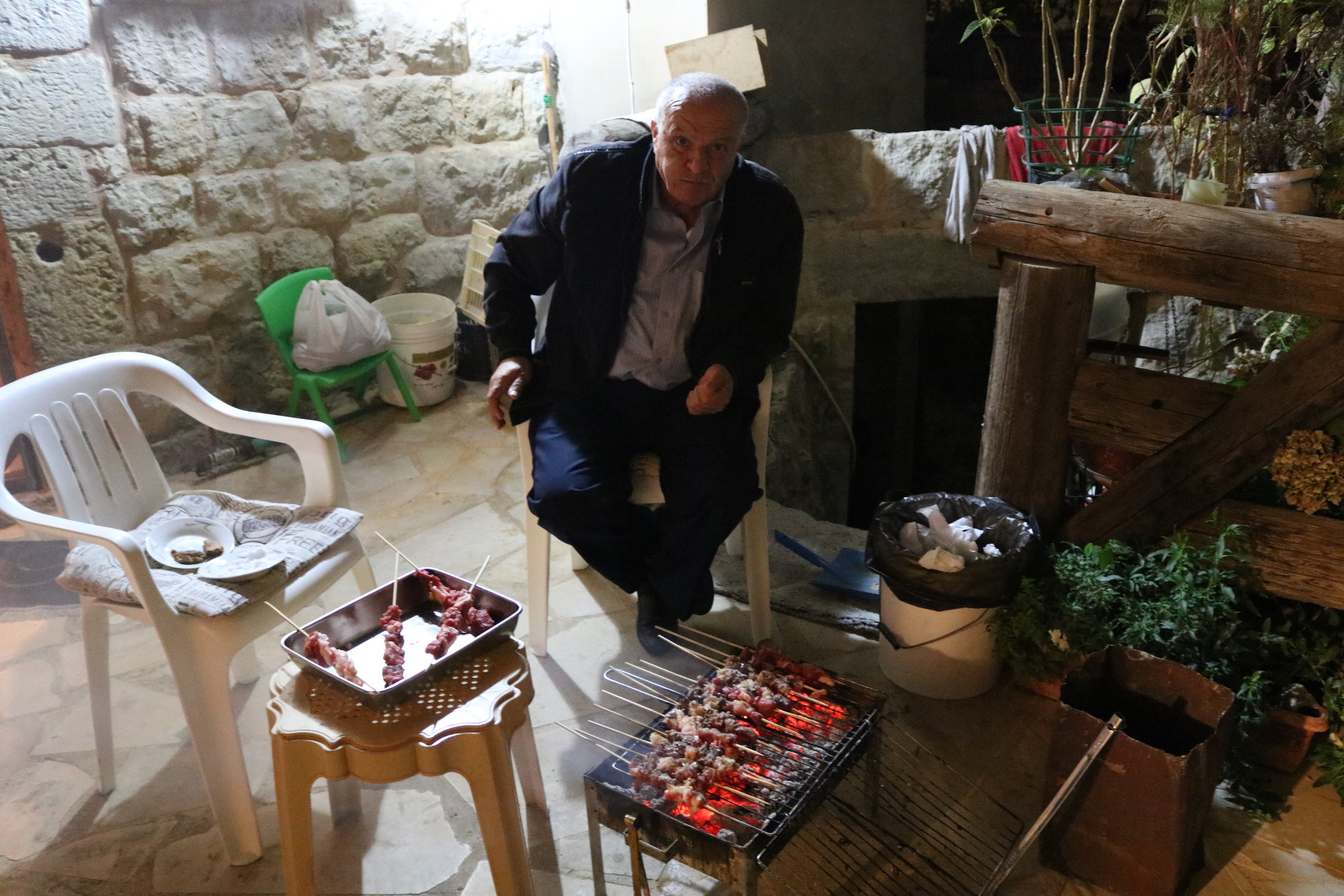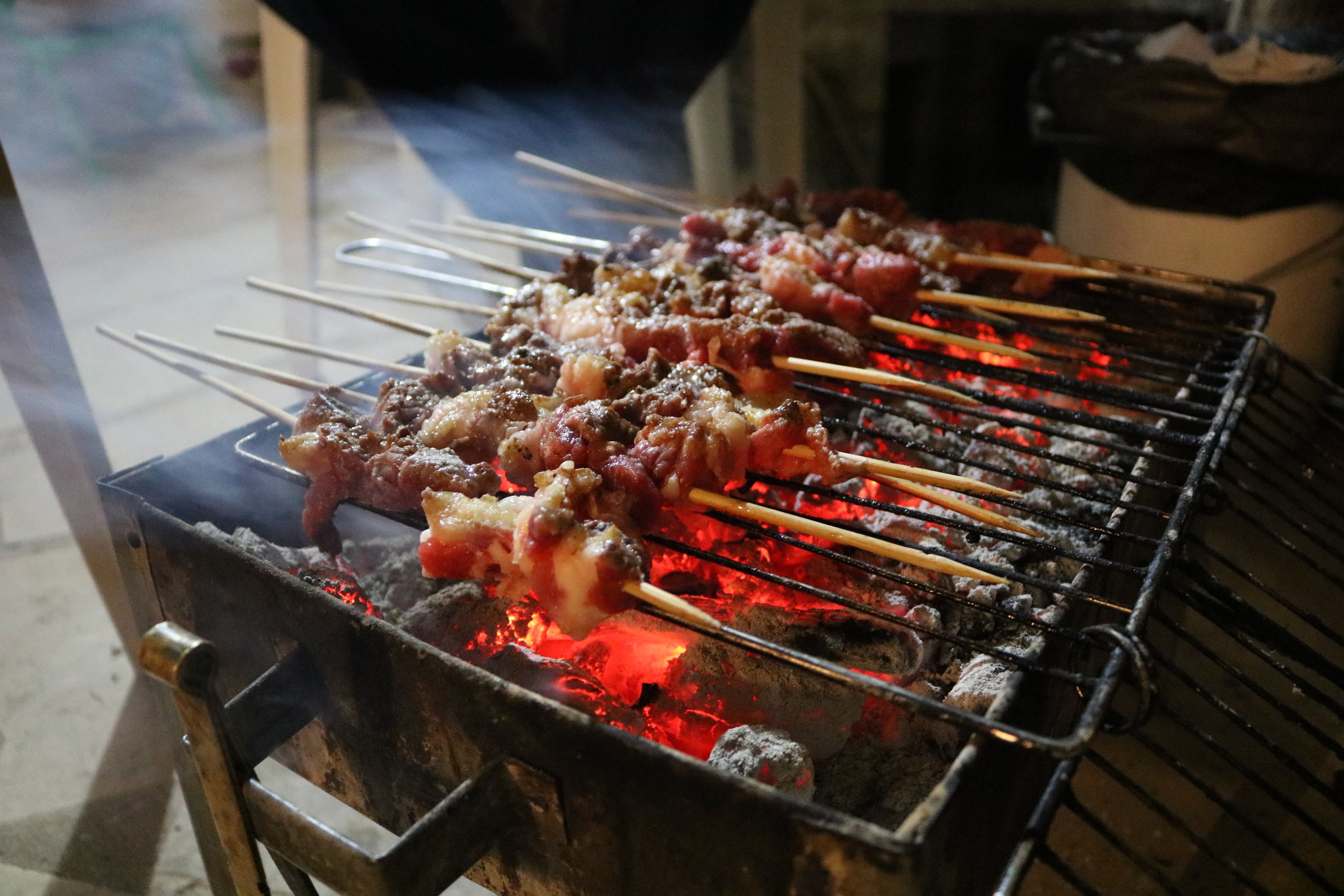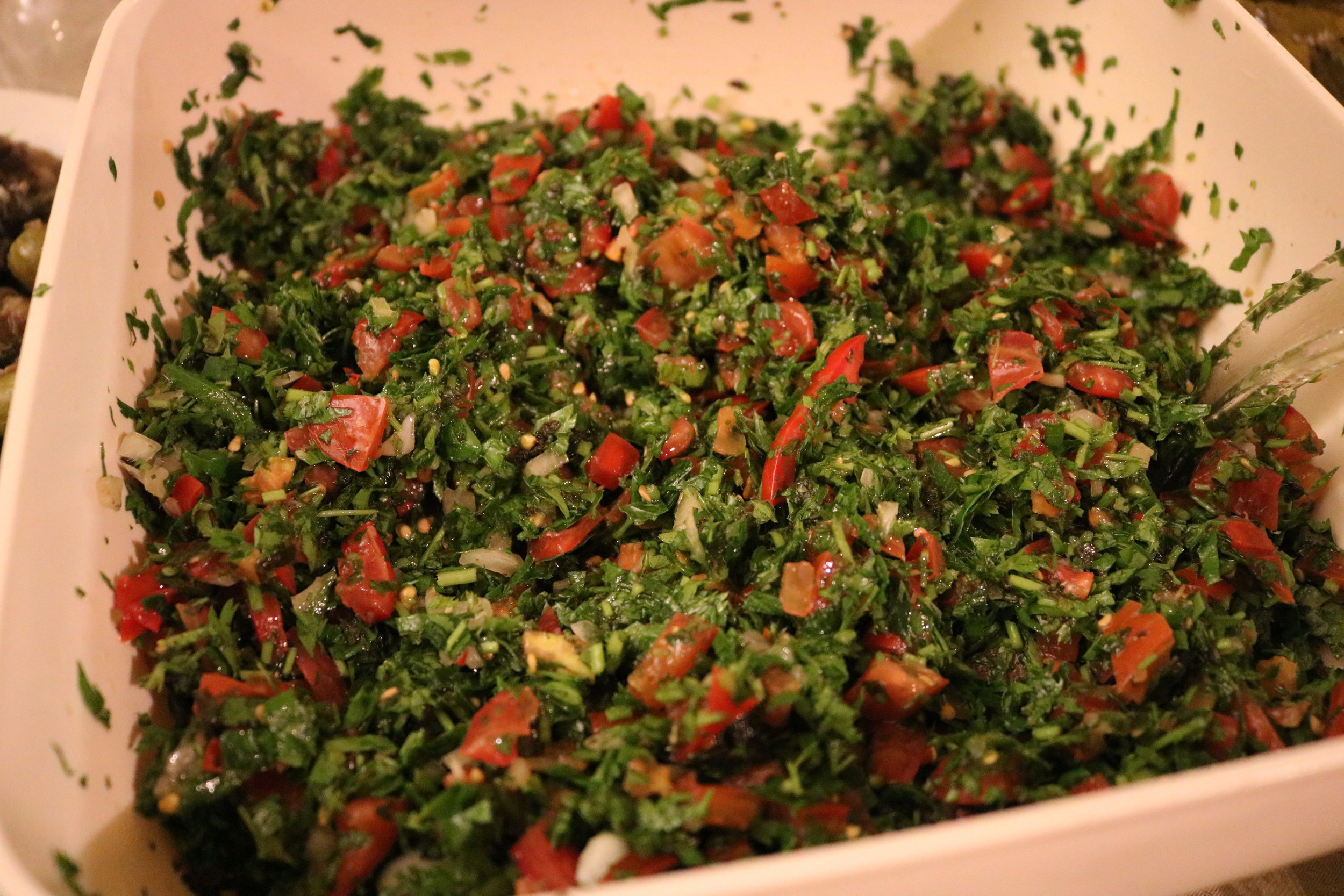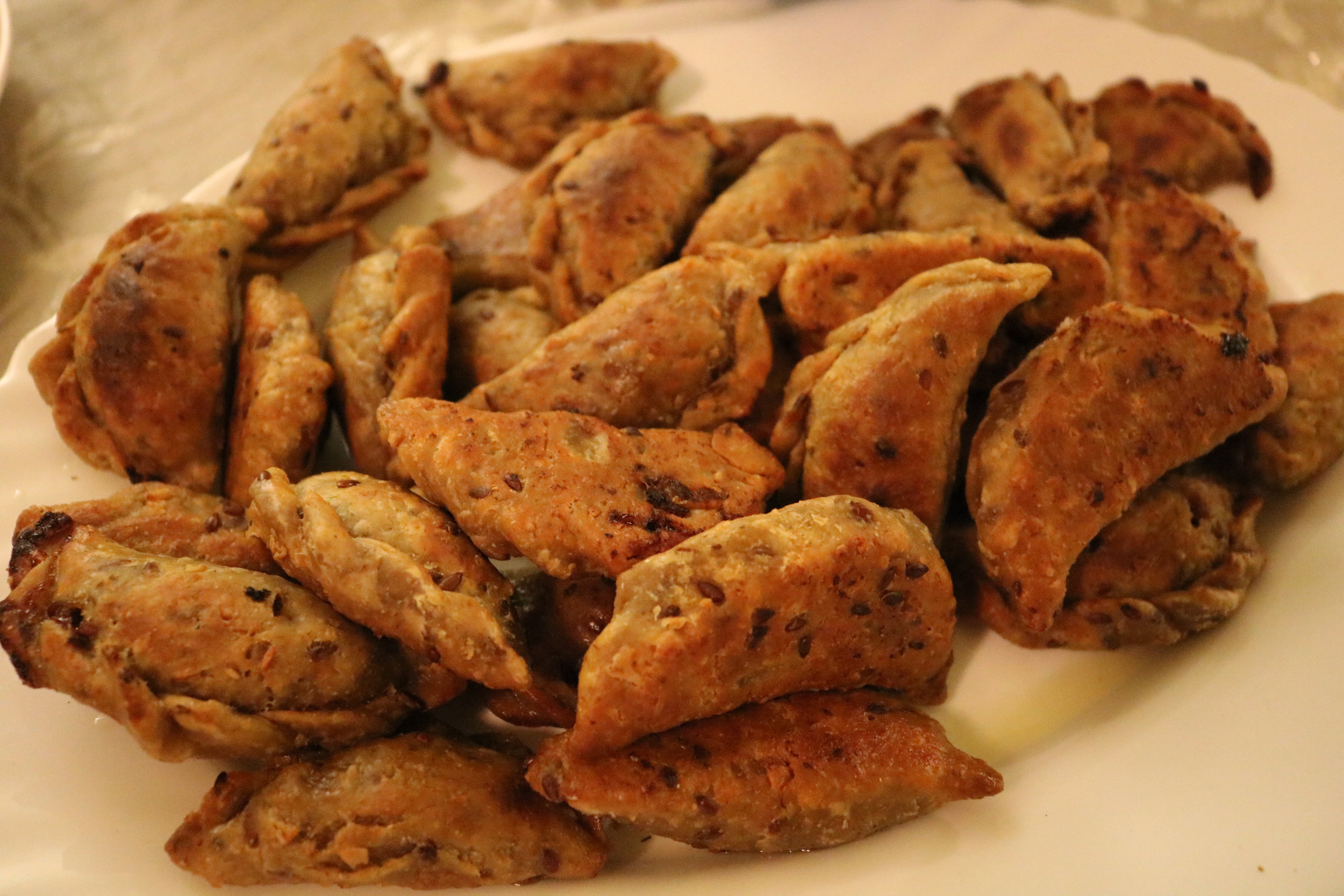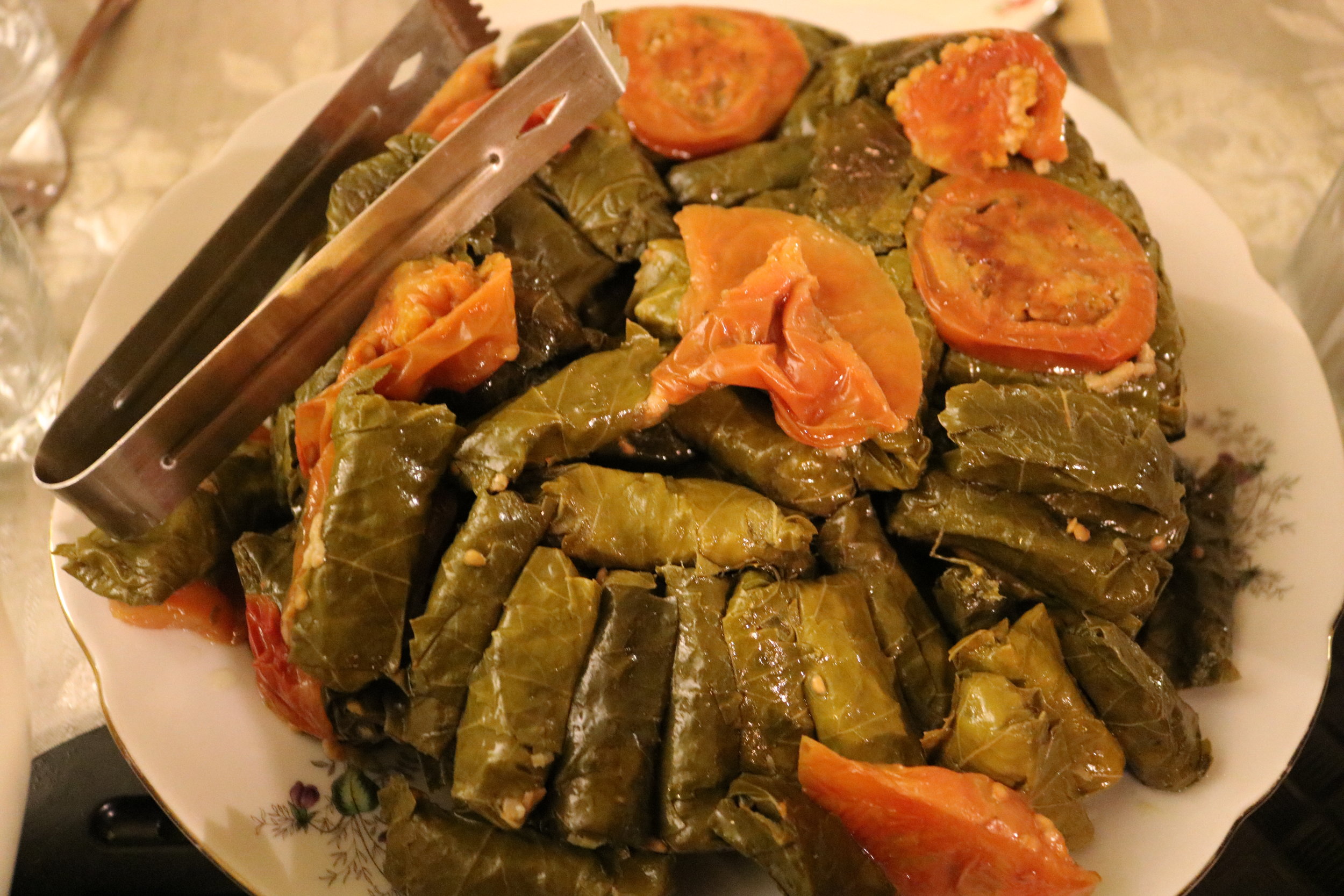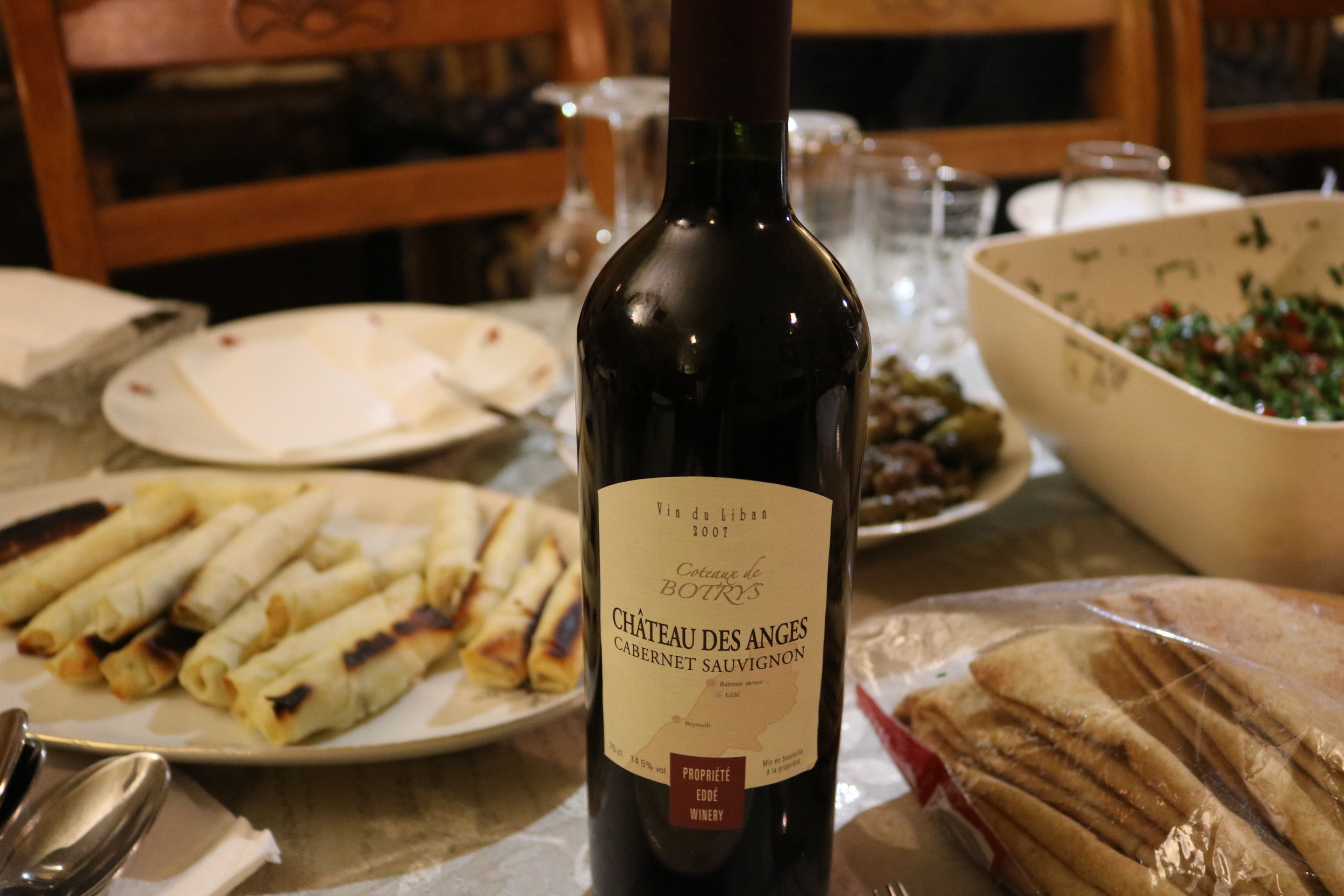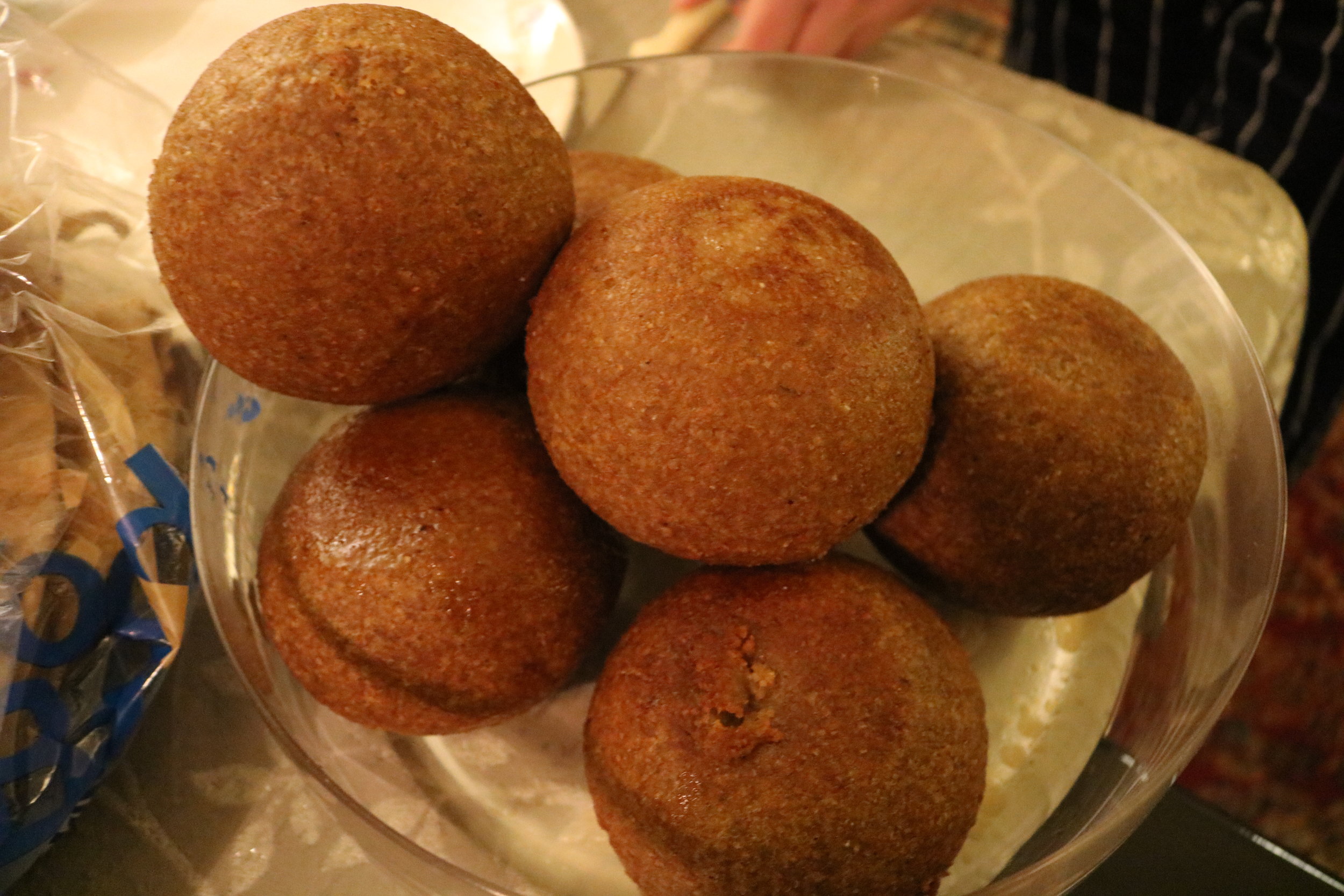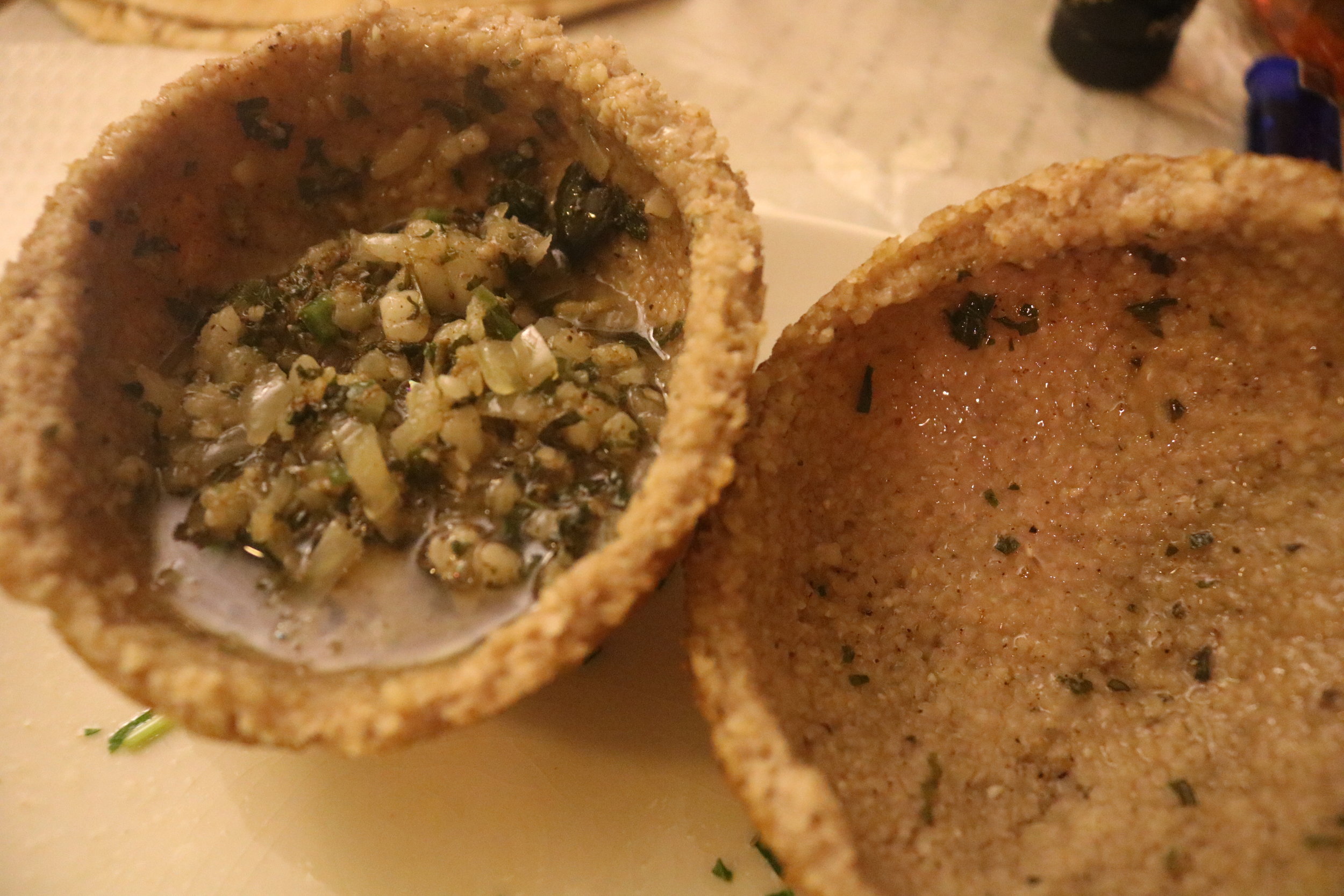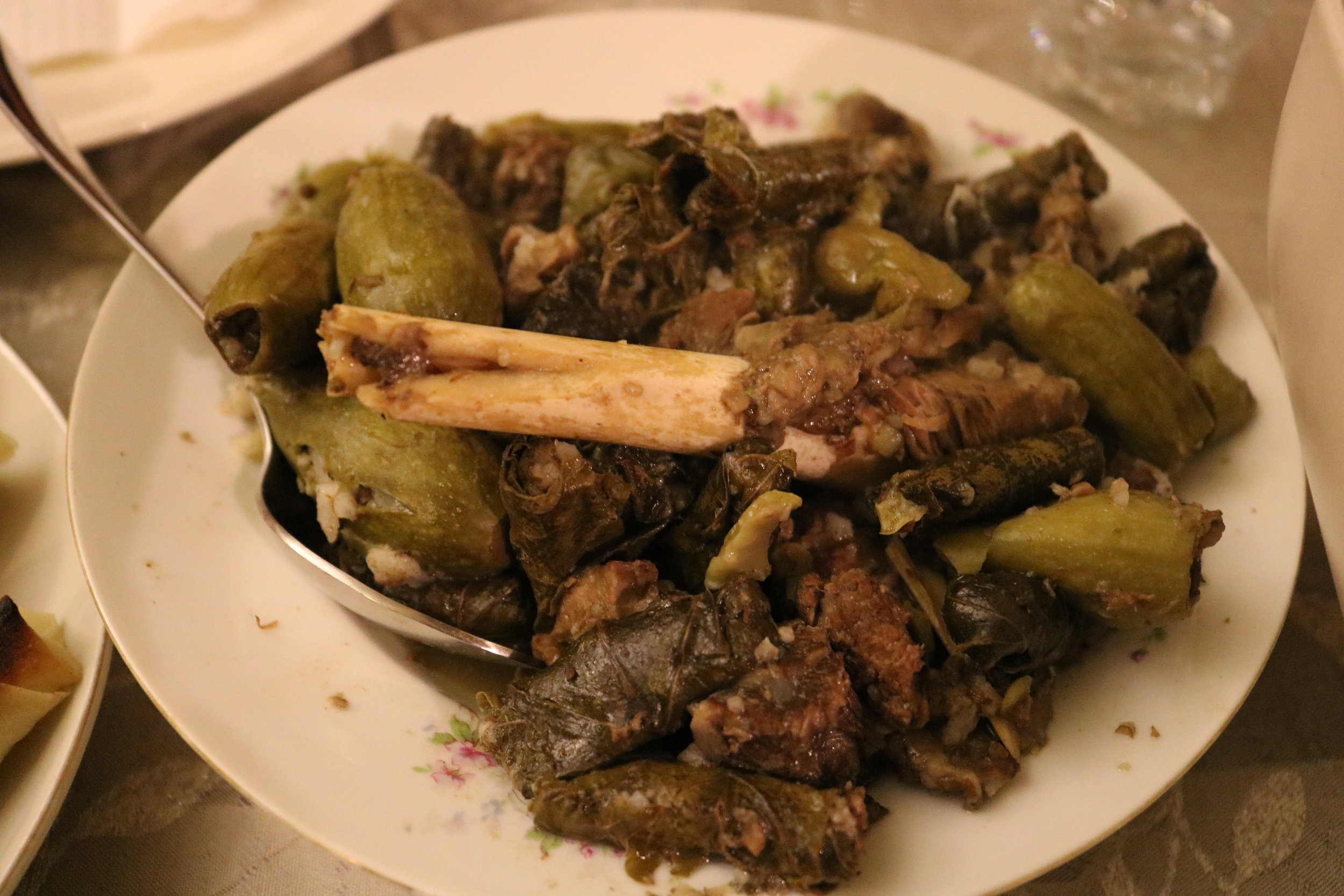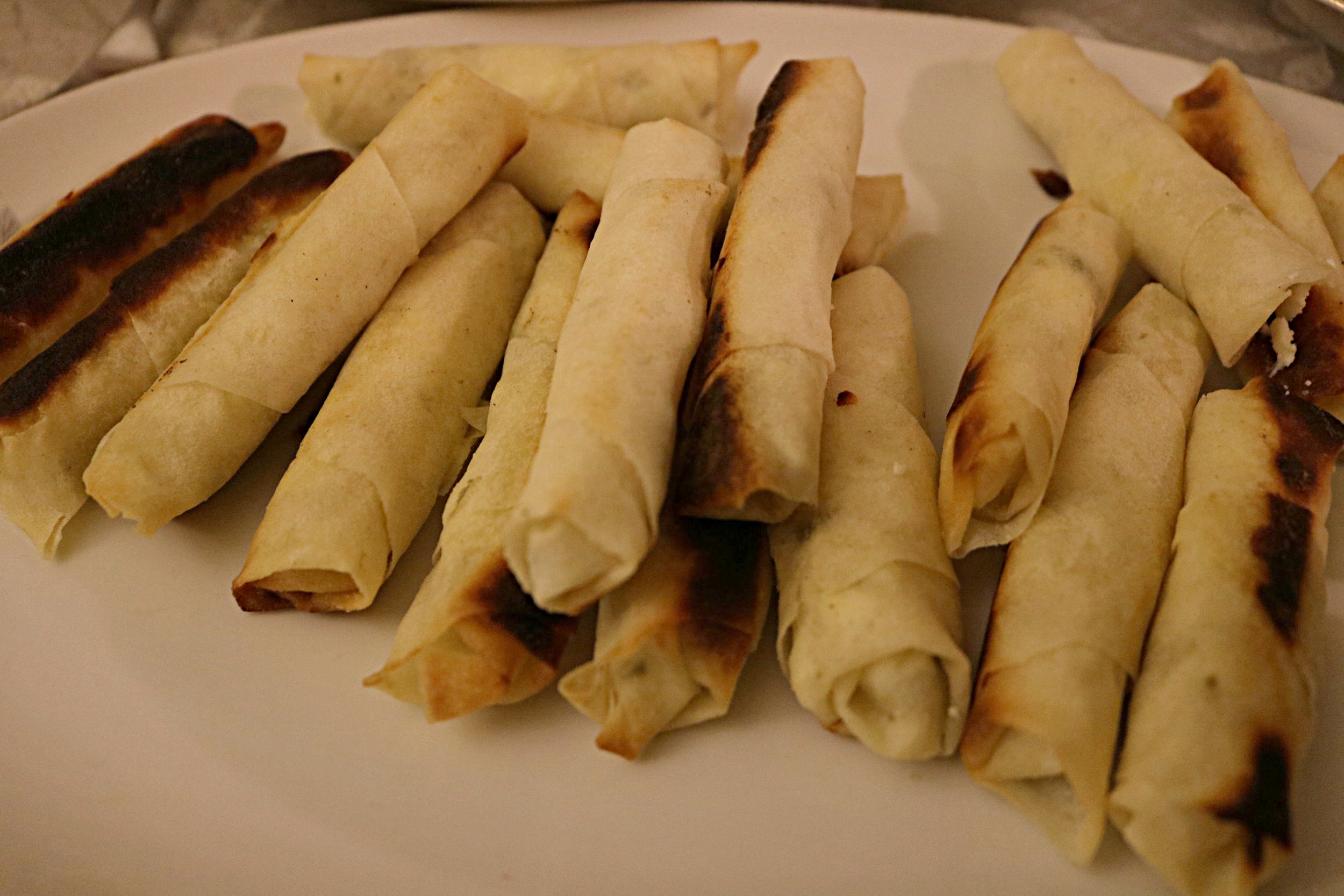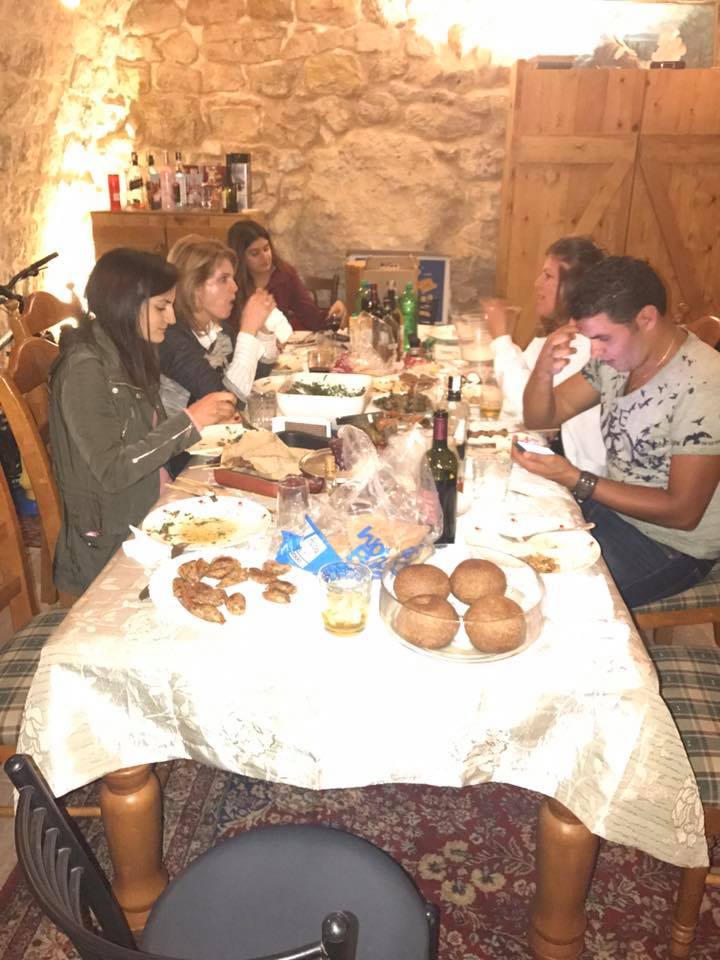I never really cared about where my mom came from.
Terrible, isn’t it? As Lebanese tradition goes, you inherit your dad’s hometown as your own. So growing up, trips to Lebanon meant trips to his village, Mazraat Al Touffah. I fell in love with everything about it — the warm people, the peaceful mountains, the impromptu get-togethers at night. And I became just as proud of the Mazraat as my dad.
Along the way, my mom’s village kind of fell to the wayside. In fact, in my four trips to Lebanon, I never spent more than a day there each time.
This year, I decided to change that — and was shocked at what I found.
My mom is from Basloukit, a village hidden in the northern mountains — about 4,500 feet above sea level. It has one church, quaint, stone homes (one of which, my mom was born in) and is best known for its fresh water springs, colorful fruit orchards and lack of cell phone service.
My mom's hometown, Basloukit, is simple but beautiful. It consists of fruit orchards, narrow roads and old, stone homes -- one of which, she was born in.
My mom's mother, Tayta Rose, dreamed of giving her kids a better life. So in 1965, she convinced my jido Tannous to move to America. But by the time they made it to Buffalo, N.Y. — she got cancer and passed away.
My mom and her siblings never took the opportunity Tayta gave them for granted — especially my uncle Pete. He was 16 when he moved to America, barely had anything in his pocket and didn’t know a word of English. He went on to join the U.S. Army, get married, have four kids and work his way up from a truck driver at ABF Freight to regional vice president of sales.
He's the epitome of the American Dream — and yet, he goes back to Basloukit every year.
I never understood why. So this summer, every week, I visited him and his wife, Aunt Mona, at the summer home he built right in the middle of town.
Uncle Pete would spend hours in his garden, planting tomatoes and watering the apple trees, while Aunt Mona made dinner with ingredients fresh from their land — just as my grandparents once did. We’d go to mass in the church our ancestors helped build and drink Arabic coffee with the locals, whose ancestors grew up with our own.
One night, Uncle Pete and I sat on his balcony, which overlooks northern Lebanon, all the way to where the coastline meets the Mediterranean Sea. We watched the sun set over the green mountains and red rooftops, and he told me what it was like to lose his mom at such a crucial time. As I teared up, he smiled and said, despite the hardships, he always remained thankful for the life she allowed him to build in America.
What struck me most was how much Basloukit played a role in Uncle Pete's success. Because he grew up in a one-room home, he appreciated every opportunity that came his way. Because he grew up with humble parents, he treated everyone with respect. And because he moved to the states with no money, he learned to work hard.
It was then that I had an epiphany: Uncle Pete's life goal isn’t just the American Dream. Actually, his time in Basloukit is helping him achieve something much deeper.
By dedicating three months a year to this tiny village — growing crops on his land, playing Lebanese board games with friends, and heck, even drinking the freezing-cold water from Basloukit's ancient spring — he is keeping his parents’ spirits alive.
Tayta Rose, who would never live to see her son become vice president of a huge American corporation, can look down and see that despite all his success, he never forgot about where he came from.
It made me realize that — at a time in which I’m obsessed with finding success — I won’t find it in just a career. True satisfaction comes when you achieve something deeper — even if, from the outside, it appears to be as simple as watering plants in an unknown village.
Every Oct. 7, Basloukit celebrates the feast day of its patron saints: St. Sarkis and St. Bakhous. Uncle Pete and Aunt Mona closed their house for the summer and went back to the states a few weeks ago, but I still decided to go.
A family friend invited me over for dinner that night, and like Aunt Mona, made everything with fresh ingredients from her land. Something about it warmed my heart.
After dinner, I walked to the celebration outside church. A teenage boy led the Lebanese dabke — kicking his feet high in the air while staying on beat to a live Arabic flute and drums.
A guy came up to me and asked what brought me to Basloukit. With a new sense of pride, I told him it’s my mom’s village. I asked which of his parents is from Basloukit.
“Neither,” he said. “They just chose to build their summer home here.”
A year ago, I would have thought his parents were crazy to pick such a small, boring village.
But now, I realize they chose one of the most beautiful places in the world — a town that is simple, but was built upon values that are everlasting.


